According to the company’s FY23 annual report, TCS hybrid model is going to to discontinue ,new hires gain cultural acclimation and learning from senior coworkers and leaders through direct physical contact. Currently, only three days a week are required for employees to be in the workplace.
The largest IT company in the nation, Tata Consultancy Services (TCS), is to discontinue its hybrid working philosophy. In an internal email received in the middle of this month, the firm stipulated that starting on October 1, 2023, all employees must work five days a week. Currently, only three days a week are required for employees to be in the workplace.

“As communicated by CEO and chief human resources officer (CHRO) in various townhalls, it is mandatory for all associates to attend office on all the working days (5 days per week if there are no holidays) starting 1 October 2023,” reads the official mail.
The corporation emphasized the value of going back to work in its FY23 annual report. According to the research, more than half of the company’s workforce was added after March 2020, and new hires gain cultural acculturation and learning from senior coworkers and executives through direct physical contact.

“Without those interactions, employee engagement as well as acculturation got badly impacted. All these factors led us to gradually bring back people to our offices during the year,” firm stated in its annual report for FY23.
Notably, TCS spends more than half of its income on paying its employees’ salaries. The business spent 56.6 percent of its revenue on employee benefits in FY23. Since TCS is the largest private employer in India, with a staff of more than six lakh (600,000) as of March 2023, this policy change may have an impact on a sizable number of employees who must now commute to work.

Rajesh Gopinathan, the former CEO of TCS, had already launched the “25×25 model,” which sought to return 25% of the employees to the office by the year 2025, back in May 2020 during the first wave of the pandemic.
Understanding the TCS Hybrid Model
The TCS Hybrid Model, or “Technology and Consulting Services Hybrid Model,” is a dynamic framework that seamlessly combines cutting-edge technology solutions with top-tier consulting services. Its adaptability and versatility make it a prime choice for organizations navigating the complexities of remote work setups.

1. Technology Solutions for Remote Work
The foundation of the TCS Hybrid Model rests on a robust suite of technology solutions designed specifically for remote work scenarios. These encompass a wide array of digital tools and platforms that facilitate collaboration, communication, and productivity in a virtual workspace.

2. Consulting Expertise in a Digital World
Complementing the technological arsenal is the expertise of seasoned consultants who understand the unique challenges posed by remote work. TCS consultants leverage their industry-specific knowledge to craft strategies and solutions that cater to the evolving needs of organizations in a WFH environment.

Navigating the Remote Work Terrain
1. Assessment and Adaptation
The journey with the TCS Hybrid Model commences with a comprehensive assessment of an organization’s remote work setup. This assessment involves evaluating existing processes, identifying bottlenecks, and understanding the specific challenges posed by remote collaboration.
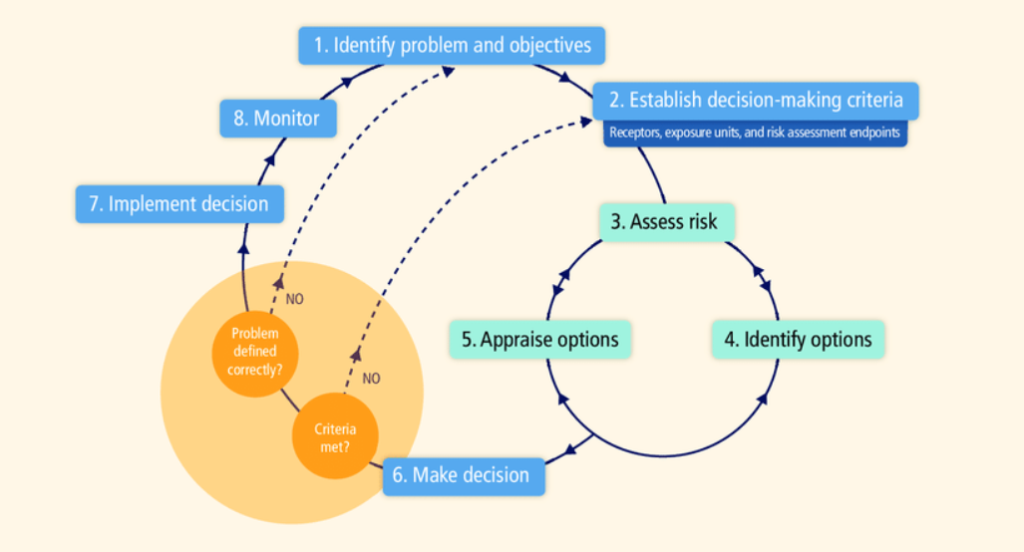
2. Tailored Solutions for the WFH World
Armed with a deep understanding of an organization’s remote work dynamics, TCS experts develop tailored solutions that address remote work challenges. These solutions often entail the integration of advanced technologies to enhance remote communication, project management, and workflow automation.
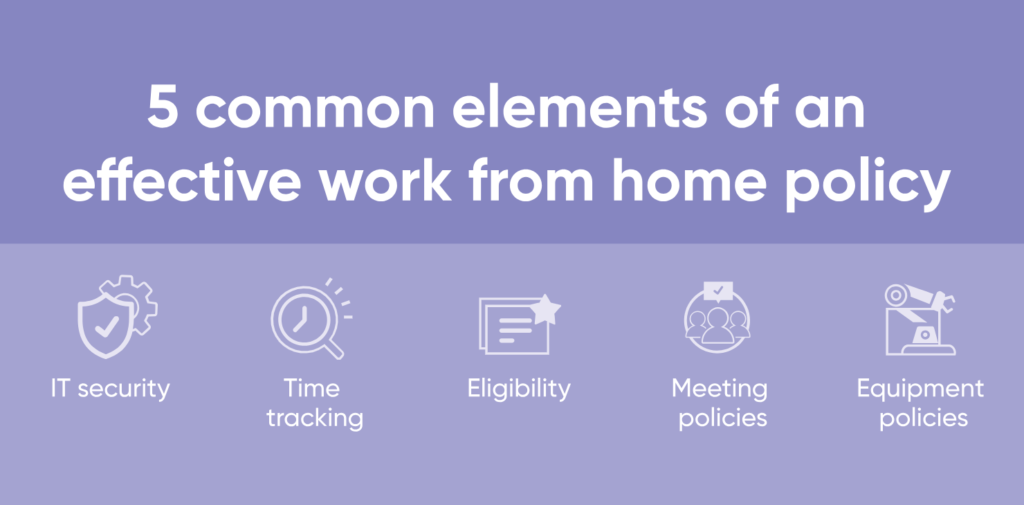
3. Seamless Implementation
Transitioning to a remote work model can be challenging. However, the TCS Hybrid Model ensures a smooth shift by providing the necessary training, tech integration, and ongoing support to make remote work as efficient as possible.
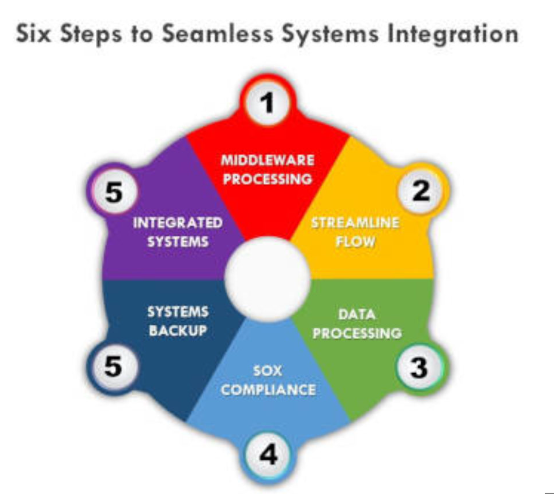
4. Continuous Optimization
Remote work is not static; it evolves. The Hybrid Model recognizes this and maintains a vigilant eye on the performance of implemented solutions. Continuous monitoring and optimization efforts ensure that remote work processes remain aligned with organizational goals.
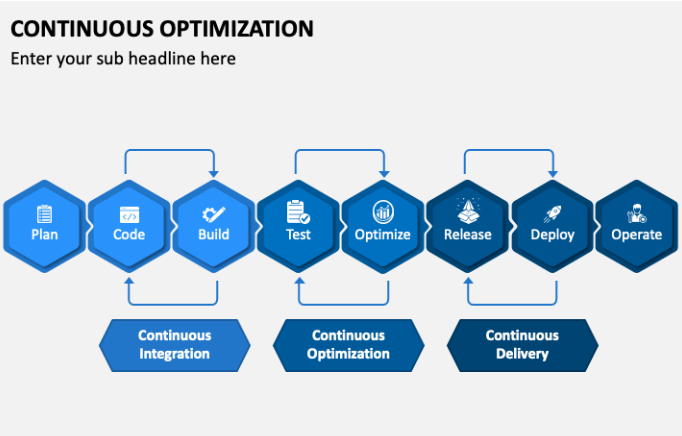
Why Choose the TCS Hybrid Model for WFH?
1. Adaptability to Remote Work Challenges
The Hybrid Model is designed to tackle the unique challenges posed by remote work, making it a natural fit for organizations seeking to enhance their WFH capabilities.
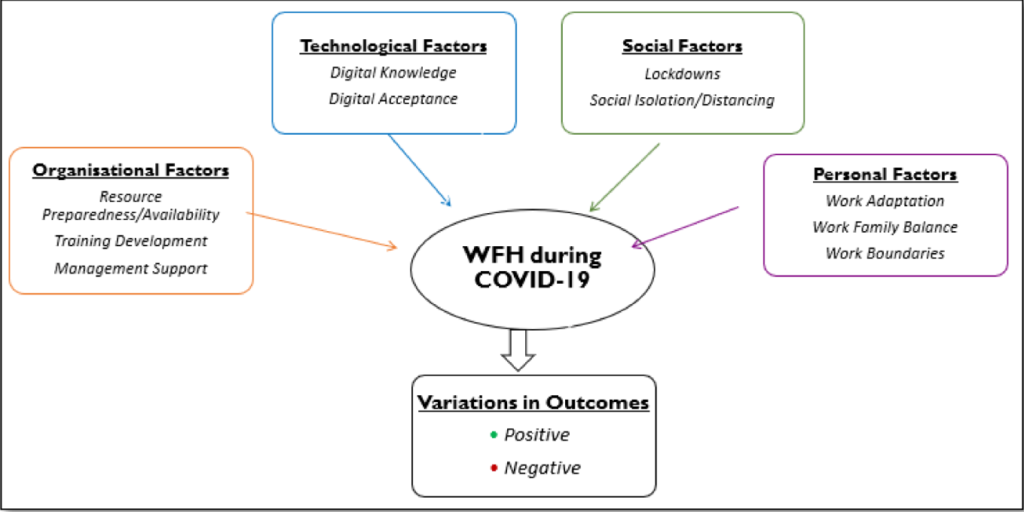
2. Enhanced Remote Productivity
With its technology solutions and consulting expertise, the model significantly improves remote work efficiency. It empowers employees to collaborate seamlessly, even when they are miles apart.
3. Strategic Insights in a Virtual Environment
In a WFH world, strategic guidance is invaluable. TCS consultants bring industry-specific knowledge to the table, offering insights that can drive growth and innovation in the digital workspace.
4. Competitive Edge in a Virtual Landscape
In the competitive realm of remote work, staying ahead is crucial. The Hybrid Model equips organizations with the tools and strategies needed to outperform competitors, even in a virtual environment.
Frequently Asked Questions about the TCS Hybrid Model for Remote Work (WFH)
In an era where remote work has become a norm, the Hybrid Model is gaining attention as an innovative solution that seamlessly blends technology and consulting services to optimize remote work environments. Here are some frequently asked questions about the Hybrid Model for remote work:
1. What is the TCS Hybrid Model, and how does it relate to remote work?
The Hybrid Model, or “Technology and Consulting Services Hybrid Model,” is a strategic framework that combines advanced technology solutions with consulting expertise. It is highly relevant to remote work as it offers tailored solutions and guidance to organizations aiming to enhance their remote work capabilities.
2. What makes the TCS Hybrid Model suitable for remote work?
The Hybrid Model is well-suited for remote work due to its adaptability and versatility. It offers technology solutions designed explicitly for remote collaboration and pairs them with consulting insights tailored to the remote work environment’s unique challenges.
3. How does the TCS Hybrid Model improve remote work efficiency?
The model enhances remote work efficiency by integrating technology solutions that facilitate communication, collaboration, and project management. Additionally, TCS consultants provide strategic guidance to optimize remote work processes.
4. Can the TCS Hybrid Model be customized for specific industries?
Yes, one of the strengths of the Hybrid Model is its adaptability across various industries. TCS consultants leverage their industry-specific knowledge to tailor solutions that align with the unique requirements of different sectors.
5. What steps are involved in implementing the TCS Hybrid Model for remote work?
The implementation of the Hybrid Model typically involves several key steps:
- Assessment: An initial assessment of the organization’s remote work setup and challenges.
- Solution Development: Crafting customized solutions to address remote work challenges.
- Implementation: Seamless integration of technology solutions and training.
- Monitoring and Optimization: Continuous monitoring and adjustments to ensure ongoing efficiency.
6. How does the TCS Hybrid Model help organizations stay competitive in a remote work landscape?
In a competitive remote work environment, the Hybrid Model equips organizations with the tools and strategies needed to outperform competitors. It offers enhanced productivity, strategic insights, and a strong competitive edge.
7. Is the TCS Hybrid Model suitable for both large enterprises and small businesses?
Yes, the TCS Hybrid Model is scalable and adaptable, making it suitable for organizations of varying sizes. It can be tailored to meet the specific needs of both large enterprises and small businesses.
8. What industries can benefit the most from the TCS Hybrid Model for remote work?
While the TCS Hybrid Model is versatile and applicable across industries, it has shown exceptional value in sectors such as IT, finance, healthcare, and manufacturing, where remote work has become increasingly prevalent.
9. Is the TCS Hybrid Model a long-term solution for remote work?
Yes, the TCS Hybrid Model is designed for long-term sustainability. It continually monitors and optimizes remote work processes to ensure they remain aligned with the organization’s goals and evolving needs.
10. Where can I find more information about the TCS Hybrid Model and its applications in remote work?
For further insights and in-depth information on the TCS Hybrid Model and its relevance in remote work, you can explore reputable sources and consult with TCS experts.
In Conclusion
The TCS Hybrid Model is not just a solution; it’s a lifeline for organizations navigating the complexities of remote work. In a world where flexibility, efficiency, and adaptability are paramount, this model stands as a testament to innovation.
image source: google




































